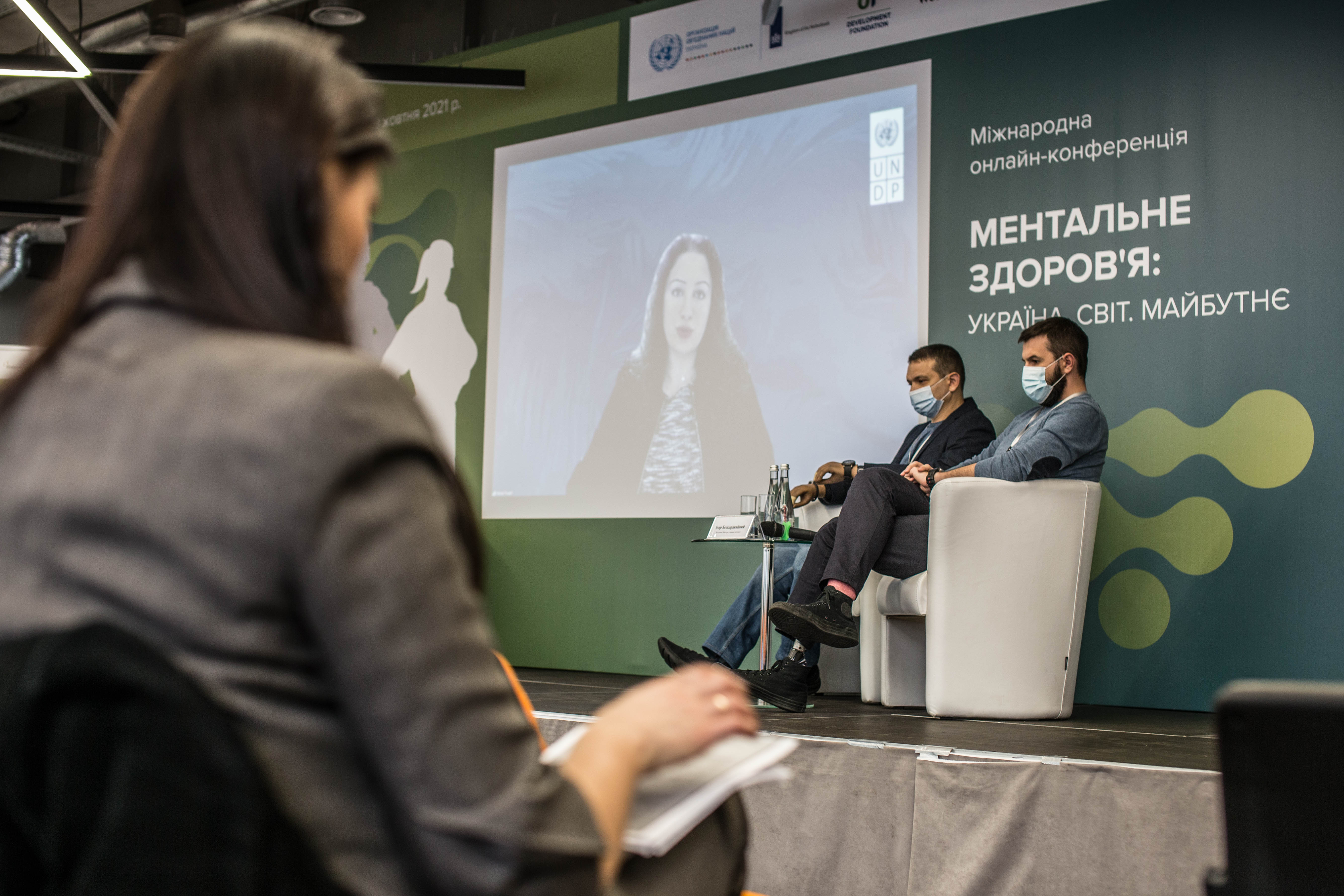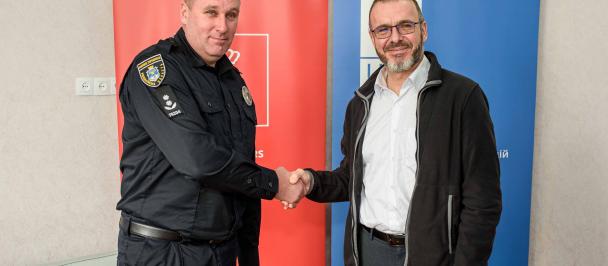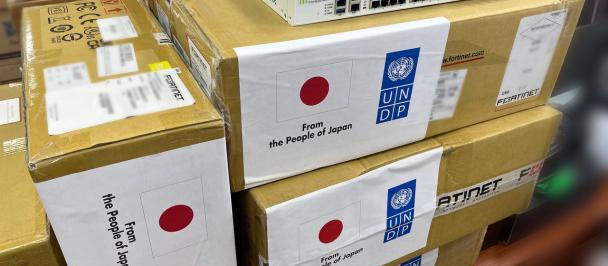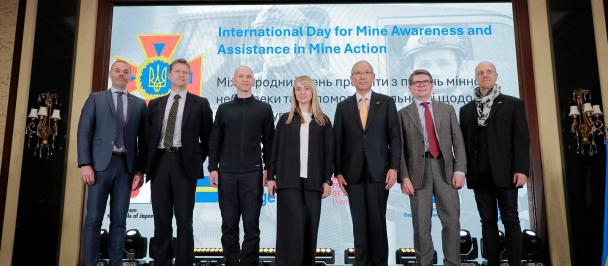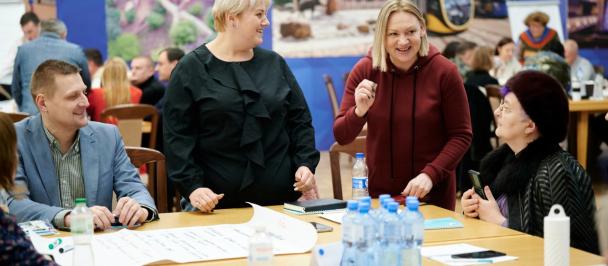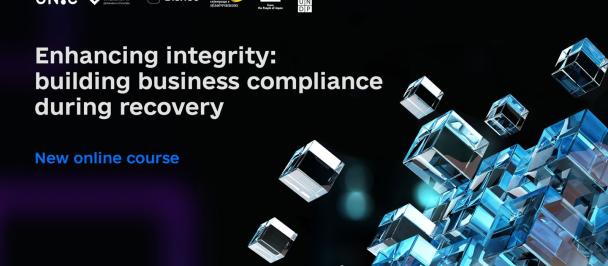Opening Statement by Manal Fouani, UNDP Deputy Resident Representative to Ukraine
Photo: Oleksandr Ratushniak / UNDP in Ukraine
Dear distinguished guests, partners and colleagues:
I’m honoured to welcome you today to our International Online Conference “Mental Health: Ukraine. The World. The Future.”
This conference is dedicated to discuss the latest research on the topic, and to together find a way forward to strengthen the mental health and psychological wellbeing of ex-combatants, and of people who were affected by the armed conflict in eastern Ukraine.
Since 2014, the protracted conflict in the east of the country has presented severe challenges for ex-combatants and the civilian population caught up in conflict and crisis. This was further compounded by the COVID-19 pandemic which also hit families and communities with additional mental stress.
Ex-combatants returning from the armed conflict zone find it extremely hard, and sometimes almost impossible, to carry a normal civilian life in the absence of targeted help and support, in particular from mental health specialists. Many people experience post-traumatic stress disorder (PTSD) or depression, and face grief over the loss of family members and friends. Many are anxious over job security or experience difficult family dynamics, uncertainty and fear for the future.
In organizing today’s event together with our partners under the UN Recovery and Peacebuilding Programme, which is generously funded by the European Union and the Kingdom of Netherlands among other partners, we want to convey a vital and yet very simple message to all ex-combatants and people caught up in the armed conflict and crisis in Ukraine: No matter how difficult, shocking and terrifying a certain situation might seem, you are NOT alone: There is always help available to you, to recover and heal.
As a person who lived through many wars myself, I can assure you that without determined action, the mental health impact of the armed conflict might last longer than the conflict itself. For this reason, we need to make a collective effort – of the Government, civil society, health authorities, families and others – to address the mental health dimension of the armed conflict and crisis.
And here let me reiterate UNDP’s strong commitment to continue supporting ex-combatants and vulnerable populations in the east, so that they have someone to turn to for psychological support, and so that they can lead rich and fulfilling lives and aspire to be effective members of their communities at large.
Easily accessible and high-quality psychological support, provided in timely, specialized and customized to individual conditions is crucial in this process, and could certainly save someone’s life. For this reason, as part of the UN Recovery and Peacebuilding Programme, UNDP has organized training on psychosomatic methods of mental recovery for psychologists who work with ex-combatants. We have supported a pilot training programme for mental health professionals that introduced them to the gold standard in trauma intervention. UNDP have been working directly with more than 200 ex-combatants and their families, training them in non-conflict communication.
Today, you will also learn about the latest mental healthcare research findings, and the newest scientifically grounded techniques and tools for restoring the mental health of ex-combatants, internally displaced persons, and all people caught up in conflict and crisis.
I’m positive that today’s dialogue will lay a solid foundation for the sustainable provision of much-needed psychological help to those affected by the armed conflict.
Thank you.

 Locations
Locations